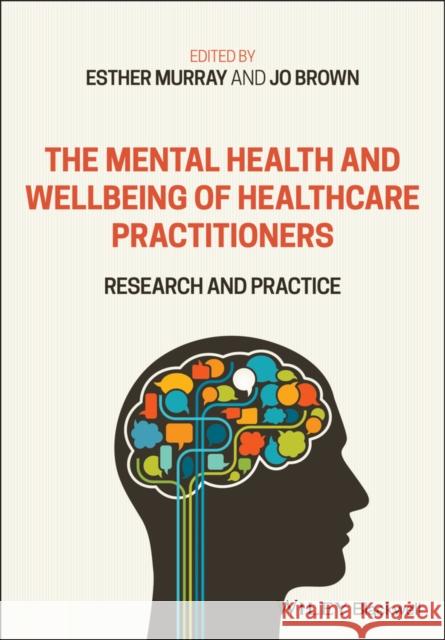The Mental Health and Wellbeing of Healthcare Practitioners: Research and Practice » książka
topmenu
The Mental Health and Wellbeing of Healthcare Practitioners: Research and Practice
ISBN-13: 9781119609513 / Angielski / Miękka / 2021 / 176 str.
The Mental Health and Wellbeing of Healthcare Practitioners: Research and Practice
ISBN-13: 9781119609513 / Angielski / Miękka / 2021 / 176 str.
cena 245,70
(netto: 234,00 VAT: 5%)
Najniższa cena z 30 dni: 243,68
(netto: 234,00 VAT: 5%)
Najniższa cena z 30 dni: 243,68
Termin realizacji zamówienia:
ok. 30 dni roboczych
Bez gwarancji dostawy przed świętami
ok. 30 dni roboczych
Bez gwarancji dostawy przed świętami
Darmowa dostawa!
Kategorie BISAC:
Wydawca:
Wiley-Blackwell
Język:
Angielski
ISBN-13:
9781119609513
Rok wydania:
2021
Ilość stron:
176
Waga:
0.36 kg
Wymiary:
24.38 x 16.76 x 1.02
Oprawa:
Miękka
Wolumenów:
01
Dodatkowe informacje:
Bibliografia











